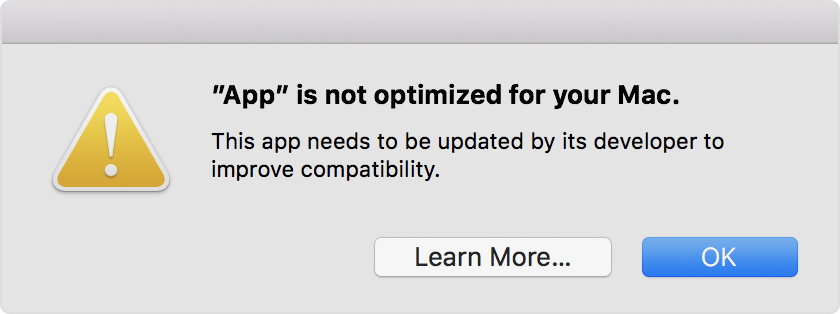In an internal memo to employees, Apple threatened severe consequences for leaking confidential company information – reminding staff that those who leak can lose their jobs, have difficult finding future employment, and even get arrested. Last year, Apple claimed to have busted 29 leakers, 12 of whom were arrested.
The memo itself was leaked, and its content was published by Bloomberg this afternoon.
Apple has always cultivated a culture of confidentially about its work, as a means of maintaining a competitive advantage over the competition.
Given how large Apple has grown over the years – the memo says there are “135,000 people” working there – it’s become more difficult to keep things under wraps. By the time a new iPhone launches, for example, people already know what to expect. That can give rivals a head start on catching up with Apple, ahead of an actual public unveiling of the device. Leaks can also impact sales of current devices, as consumers hold off on buying as they know something better is soon to arrive.
Apple more recently has had problems with leaked iOS source code, as well as leaked details about the iPhone 8 and X, Apple Watch Series 3, Apple TV 4K, HomePod, and more. And that was just in 2017.
The new memo is not the first time Apple has tried to plug its leaks. Last year, the company held a meeting with employees where it discussed how it plans to prevent leaks, talked about how leakers were caught, and answered employees’ questions.
That meeting was secretly recorded and leaked to the press too.
In reality, some leaks can be harder to track or stop. A company-wide meeting or email, for instance, could be leaked by anyone.
The new memo begins by informing Apple employees that the person who leaked details about Apple’s software roadmap earlier this year was caught and fired last month:
Last month, Apple caught and fired the employee responsible for leaking details from an internal, confidential meeting about Apple’s software roadmap. Hundreds of software engineers were in attendance, and thousands more within the organization received details of its proceedings. One person betrayed their trust.
The employee who leaked the meeting to a reporter later told Apple investigators that he did it because he thought he wouldn’t be discovered. But people who leak — whether they’re Apple employees, contractors or suppliers — do get caught and they’re getting caught faster than ever.
The memo then goes on to stress how damaging leaks are to the company itself, those who worked on a project, and other employees.
It reminds employees that when they’re approached by press, analysts and bloggers they’re “getting played.”
The establishment of a very us-versus-them culture when dealing with outsiders is notable because it means Apple employees may fear becoming whistleblowers. Employees will likely also fear leaking to correct inaccurate information being passed around publicly. Today, there are reports that Apple’s own comms teams won’t respond to, when asked by press – unless the report reaches a critical mass, or worse – is unflattering to Apple.
But unlike at other companies where a PM or staffer may reach out to privately correctly a detail or give background outside of official channels, Apple staff would be fired for crossing that line.
The memo also points to more examples of how Apple’s internal security has caught people who believed they could get away with it – including the person who leaked the link to the gold master of iOS 11, and those who leaked within the supply chain.
It concludes by sharing the news that 12 of the leakers in 2017 were arrested.
“Leakers do not simply lose their jobs at Apple. In some cases, they face jail time and massive fines for network intrusion and theft of trade secrets both classified as federal crimes,” the memo read. “These people not only lose their jobs, they can face extreme difficulty finding employment elsewhere.”
There’s a certain kind of person who will find language like this a challenge. But the majority will likely take heed.
The memo was published as an internal company blog post.
The full memo can be read on Bloomberg’s site.
from Apple – TechCrunch https://ift.tt/2quv529

